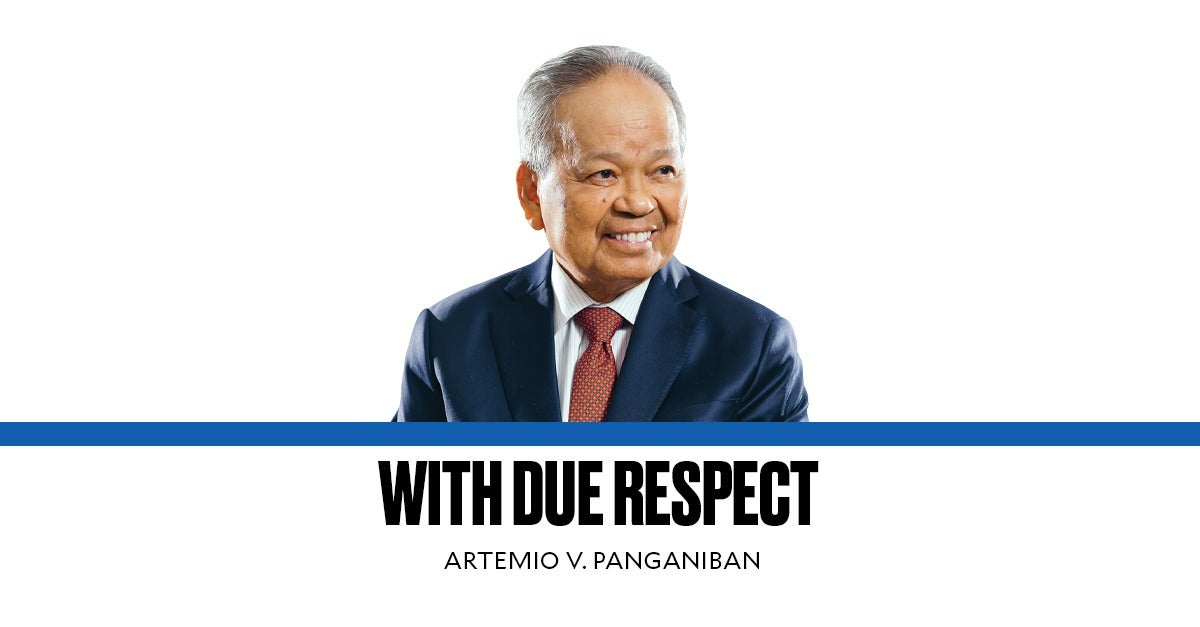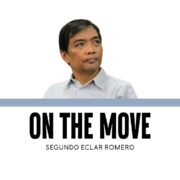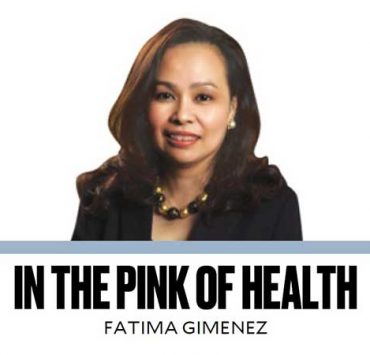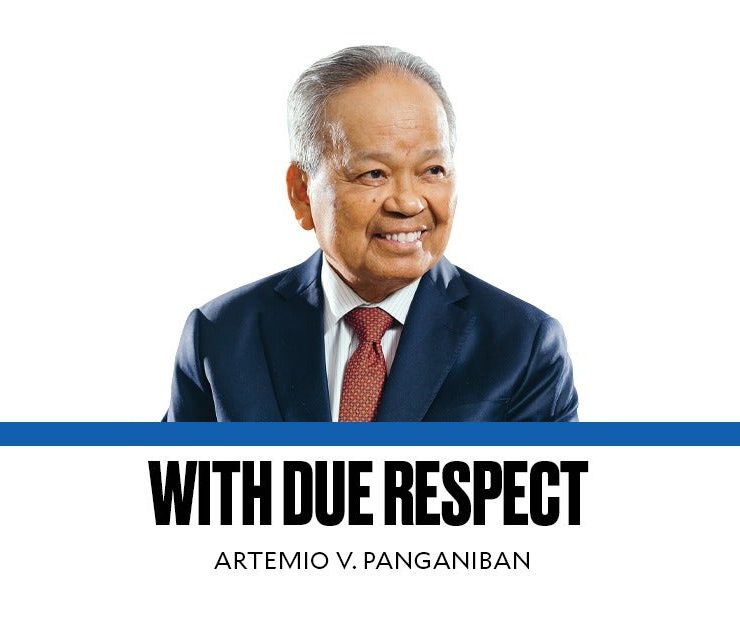Ulas: Legal excellence, aid for indigents

By approving the Rules on Unified Legal Aid Service (Ulas), which mandate all covered lawyers to render at least 60 hours of pro bono legal aid every three years to indigent Filipinos, beginning on Jan. 1, 2025, the Supreme Court shot two proverbial birds with one stone. First, Ulas will constrain lawyers to keep themselves updated with the latest laws and jurisprudence, and second, free legal service to indigents will be enhanced.
ON THE FIRST PROVERBIAL BIRD, lawyers—whether located here or abroad—will need to read, understand, and communicate the latest legal developments on pain of losing their license as members of the Philippine Bar, and of losing the title “attorney-at-law” which they earned after passing the rigorous bar exams.
Originally proposed by the Integrated Bar of the Philippines (IBP), the Court required members of the Bar to participate especially in “advocacies in areas of special concerns like the environment, indigenous peoples’ rights, human rights, access to justice, and good governance.”
Pro bono legal service refers to the performance of acts that involve the application of law, legal procedure, or legal knowledge, training, and experience to “qualified beneficiaries,” including (1) representation in courts and quasi-judicial bodies such as proceedings in mediation, arbitration, and alternative dispute resolution; (2) legal counseling, preparation of legal documents, memoranda, affidavits, and contracts; (3) developmental legal assistance consisting of rights awareness, capacity building, and training in basic human rights, documentation and affidavit-making; (4) participation in “Legal Outreach Programs,” including the supervision of students under the “Law Student Practice Rule;” and (5) other legal services to be defined by the Court.
ON THE SECOND BIRD, the Ulas Rules define “qualified beneficiaries” as (1) persons for whom a counsel de officio had been appointed by any court, tribunal, or government agency, or (2) any person determined by the covered lawyer or registered covered organization to be (a) an indigent under the Rules of Court, or (b) a person, including an overseas Filipino worker or migrant, without sufficient means to afford adequate legal service as determined by the covered lawyer under the rules to be issued by the Ulas Board.
In turn, the Ulas Board shall be composed of a chair to be designated by the Court en banc from among its justices plus six members including the president of the IBP, the chair of the Mandatory Continuing Legal Education or MCLE governing board, the president of the Philippine Association of Law Schools, and three active private practitioners of probity and integrity representing Luzon, the Visayas, and Mindanao to be named by the Court for a term of three years each.
EXCLUDED FROM PERFORMING PRO BONO LEGAL AID SERVICE are (1) lawyers in government and incumbent elective officials who are absolutely prohibited by law from practicing outside their public employment, like (a) members and employees of the judiciary; (b) and of the Office of the Solicitor General; (c) government prosecutors; (d) the President, VP, Cabinet members and their deputies and assistants; (e) chairs and members of constitutional commissions; (f) ombudsman, overall deputy ombudsman, deputy ombudsman, special prosecutor of the Office of the Ombudsman; (g) governors and mayors; and (h) such other employees who are absolutely prohibited by law or rules from practicing law.
Others excluded are (2) lawyers employed in the Public Attorney’s Office; (3) lawyers who are serving in the Shari’ah Public Assistance Office; (4) lawyers denied authority to render pro bono legal aid service by the duly authorized officer of the agency concerned; (5) lawyers who have been in practice for at least 35 years and are at least 60 years old; (6) lawyers with mental or physical disabilities, and (7) new lawyers after the effectivity of the Ulas Rules for the compliance period at the time of their admission to the bar.
Lawyers may comply with the Ulas Rules individually, or via “Registered Private Law Firms,” or “Registered Organizations.” In the latter two, the covered lawyers may aggregate their pro bono legal aid service but must each render at least 25 percent of the required minimum legal aid personally.
Moreover, lawyers who have rendered 40 percent of their minimum hours of compliance may contribute to the Ulas Fund, the financial equivalent of the remaining 60 percent. Philippine lawyers based abroad may also contribute to the Fund in lieu of actual service.
At bottom, some lawyers have misgivings about the Ulas, criticizing it as a violation of the constitutional right against involuntary servitude. While I understand their laments, especially of single practitioners, they must realize that early on, during their legal studies, they have been taught that law is not a business, not a self-centered, profit-making venture. Rather, law is a noble profession imbued with public interest and dedicated to the upliftment of the powerless.
Hail to the Court! Hail to the Technical Working Group that ably drafted the Ulas Rules chaired by J Alfredo Benjamin S. Caguioa and co-chaired by J Rodil V. Zalameda.
—————-
Comments to chiefjusticepanganiban@hotmail.com


















